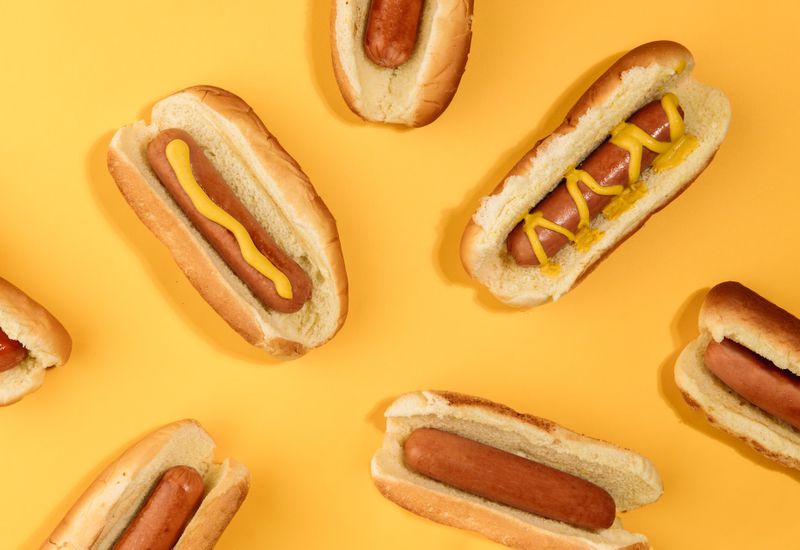They say it’s bad for your health and even more studies say so each year. Let’s bust some of the jargon and help you avoid it.
There have been a few articles in major outlets lately talking about the dangers of ultra-processed food. While in the past they have resorted to scaremongering tactics about whatever new food study just came out, this one’s kinda legit.
To get everyone up to speed, let’s first make sure we understand the terms associated with processed foods.
What is processed food?
The term ‘processing’ as it relates to food just means some level of industrial influence before it hits your plate. Sliced vegetables are processed. Cooked meats are processed. But there are levels of processing as defined by the NOVA method:
- Unprocessed. Raw ingredients like fresh meat, fruit and vegetables that you’d find as they were picked or harvested.
- Processed culinary ingredients. Things like oil, vinegar or sugar that have been extracted from the source.
- Minimally processed. Food that has had some level of industrial interference like cooking or milling but only with ingredients commonly found in homes.
- Ultra-processed foods (UPFs). The processing has incorporated additives that boost the shelf life or flavour that you definitely wouldn’t find in a kitchen cupboard.
How can you tell if a food is ultra-processed?
Your first port of call is the ingredients list. How long is the ingredients list? Do you recognise everything listed as an ingredient?
Sometimes there may be scary sounding ingredients like fructose or monosodium glutamate that are actually fine. With the former, it’s only if you see it as something like ‘high fructose corn syrup’ that you should approach with caution.
The next step is to think whether it’s unrecognisable in comparison to the original ingredients. Smooth-textured sausages, tinned meats and sugary cereals.
What are the risks of ultra-processed food?
Recent studies have shown the impact of UPFs to be broad. Not only can extended exposure affect your heart, they’re also associated with increased risk of mental health issues like anxiety and depression.
The most damning of the studies into UPFs shows that increased intake of ultra-processed food is linked to a higher risk of cardiovascular diseases, like strokes and heart attacks.
How can you avoid processed food?
As with anything, it’s about moderation. The occasional barbecue with highly-processed plant-based sausages or trip to McDonald’s won’t kill you. You can have a little processed food, as a treat. But in case you don’t know, here are some ways to cut down.
- Avoid sugary cereals. Oatmeal, porridge and bran are better substitutes, even adding a spoon of sugar or some fresh fruit to them at home is better than most cereal brands.
- Batch cook. This can help you avoid two things at once. For the nights where you have no energy to cook, this is better than a ready meal. It’s also great for avoiding pre-made sauces.
- Add your own fruit. For things like yoghurt and desserts, this is a game-changer. Instead of buying the artificially flavoured versions, buy them plain and add your own flavour.
- Don’t let perfect be the enemy of good. Cost, time and energy can be barriers that prevent you from fully avoiding processed foods. A loaf of bread with less additives in is still a lot better than the ones with more in.
Stuck for dinner ideas? Check out these ten cheap and easy recipe ideas.













